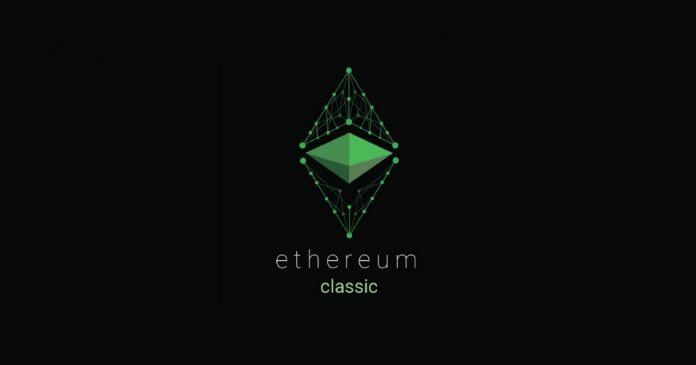Ethereum Classic has come out with several exciting updates this April. In a recent Medium blog post, it announced a successful update of its TestNets. It also declared its readiness for MainNet.
Testnet now ready for MainNet
Ethereum Classic (ETC) announced that it had successfully concluded updating the testnet and was on schedule for the Mainnet launch. It also made the announcement via a recent tweet on the official Twitter handle.
All #EthereumClassic Testnets Now Successfully Updated, On Track For June Mainnet Launch https://t.co/peilcNdYDM via @Herald Sheets
— Ethereum Classic (@eth_classic) April 23, 2020
Phoenix upgrade on ETC
Phoenix is the code name for the ETC network upgrade (ECIP-1088). To remind, earlier this ear in February, the participating core dev stakeholders had reached the consensus to accept ECIP-1088.
The Phoenix upgrade was successfully activated on the Mordor TestNet at block 999_983, on March 9th, 2020. The Phoenix upgrade was also successfully activated on the Kotti TestNet at block 2_200_013 on the 15th of April, 2020.
With Phoenix, Ethereum virtual machine (EVM) capabilities on ETC will get further enhancements. Also, this ongoing upgrade will make ETC and ETH absolutely compatible, considering the strength of Phoenix.
Below is a timeline of the Phoenix upgrade:
- Activation on the Mordor TestNet at block 999_983 took place on March 9
- Activation on the Kotti TestNet at block 2_200_013 took place on April 15
As both Testnets run Phoenix successfully, they are now ready for Mainnet, which is the final stage of implementing the network upgrade.
According to the blog post, the Ethereum Classic MainNet activation at block 10_500_839 is scheduled for launch in June. It also gave information about the fork to the miners, developers, and consumers of ETC.
To remind, last year Ethereum Classic its Atlantis hard fork.
Decentralized trading on ETH/ETC
Another tweet by ETC revealed that it would soon enable atomic swaps for decentralized trading with Ethereum (ETH) via Saturn Protocol.
Coming soon: ETC <-> ETH 'Atomic Swaps' enabling decentralized trading between networks via @SaturnProtocol! https://t.co/iKdD6mUI1V
— Ethereum Classic (@eth_classic) April 23, 2020
This was a response to a tweet by Saturn Network on April 22.
Cross Chain Atomic Swaps! Happy to confirm that Saturn Protocol v2 will allow users to enjoy decentralized trading between ETH/ETC.https://t.co/vtE3ddOnwn#SaturnNetwork #DEX #Tokens #EthereumClassic #Ethereum #ETH #ETC #ClassicIsComing
— Saturn Network (@SaturnProtocol) April 22, 2020
Notably, Saturn Network has introduced the cross-chain atomic functionality in response to a high number of requests for the feature on its platform.
Cross-chain atomic swaps
As we know, cross-chain atomic swaps in a popular interoperable feature. It aims to transfer value by linking two unconnected blockchains. As a direct benefit of this functionality, users can easily conduct decentralized and trustless trade across blockchains, in this case, ETC/ETH.
Incidentally, Saturn Network is an on-chain DEX with its upcoming development of Saturn Rings. It aims to facilitate completely decentralized, uncensorable cross-chain marketplaces. Moreover, it also provides cross-chain liquidity on top of engaging in fundamental blockchain research.
As seen in Saturn Network’s roadmap, ETH/ETC trading pair is just going to kickstart its decentralized trading function. Future plans indicate expanding the trading facility for DAI/ETC, USDT/ETC, and other options according to traders’ demand.
Last month, Ethereum classic was in the news as its cooperative board member, James Wo resigned following differences with the executive director, Bob Summerwill.




























